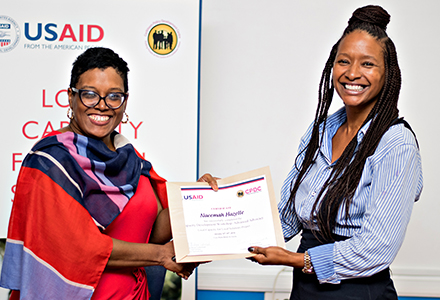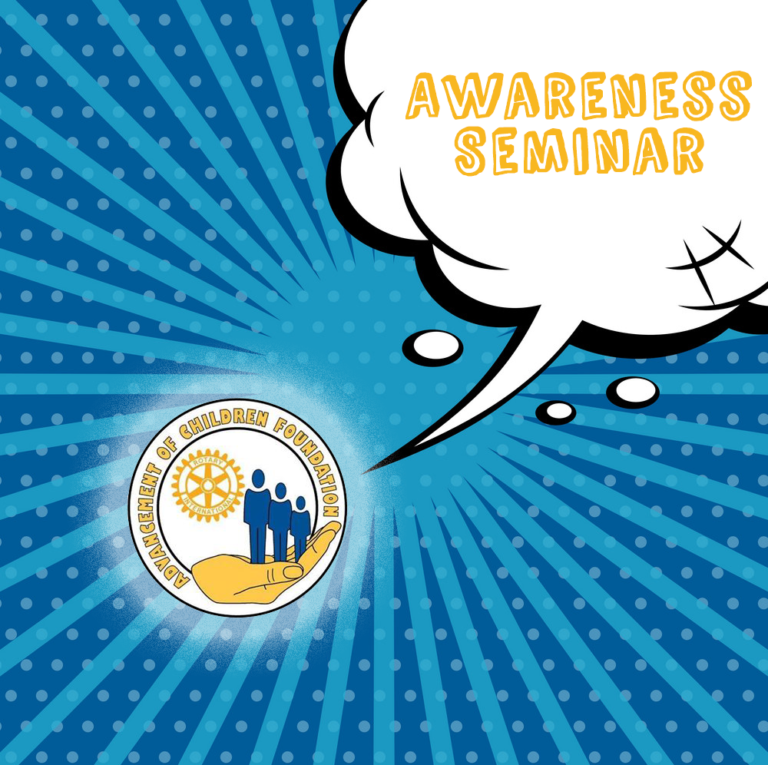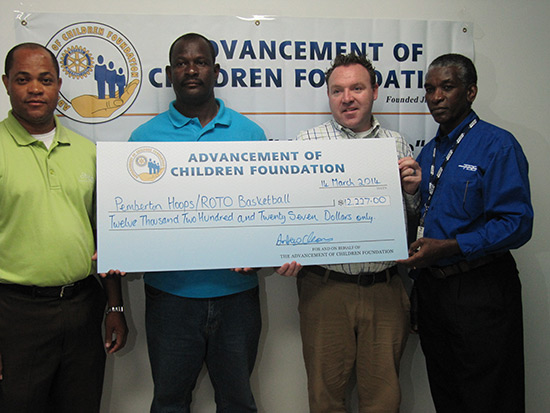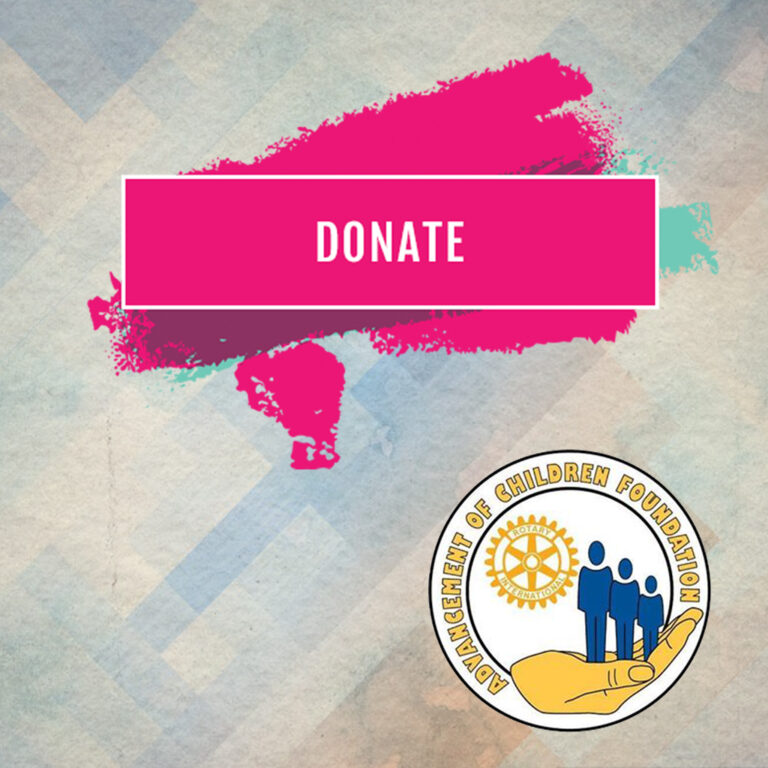“Because of the Local Capacity for Local Solutions [LCLS] training interventions, we are now positioned to create sustainable change in the landscape of NGO development and management in St. Kitts & Nevis. LCLS created a pathway to ACF sustainability.”
NAEEMAH HAZELLE, CHAIR, ADVANCEMENT FOR CHILDREN FOUNDATION,
ST. KITTS AND NEVIS
Now in its 10th year as a registered nonprofit, the Advancement for Children Foundation (ACF) of St. Kitts & Nevis has served as a grantmaking organization and has supported the projects of community-based organizations and nongovernmental organizations (NGOs). These projects are addressing challenges in the following three areas: social protection, opportunities and diversionary programs, and skills training for empowerment and employment. All along, ACF has had well-intentioned goals, an organized governance structure, and local funding. However, ACF lacked the capacity to remain sustainable. The organization’s leaders knew that ACF needed make some changes, but they were uncertain how to proceed.
Then two things occurred. First, in July 2018, the U.S. Agency for International Development (USAID) Local Capacity for Local Solutions (LC4LS) project held an advocacy workshop in Guyana for community organizations such as ACF. Second, a scholarship opportunity for a course about NGO leadership and management in — also an LC4LS initiative—became available through the University of the West Indies’ Open Campus. Ms. Naeemah Hazelle, Chair of the ACF of St. Kitts & Nevis, participated in both courses, which changed not only the course of her work, but also, by extension, that of her organization.
As Ms. Hazelle explained, “While I felt that I had learned so much from the advocacy training, the NGO Management course afforded me a greater depth of knowledge and skills in NGO advocacy. Being able to use these skills to develop strategies for mobilizing resources—both human and financial—is priceless.” She was immediately able to apply the knowledge she gained to the organization that she is most passionate about. “Personally, I feel that ACF has received maximum benefit because of the commitment of my classmates to the course and to meaningful change,” said Ms. Hazelle. “The competencies I acquired from the program enabled me to spearhead a process of improving ACF’s structure and function, monitoring and evaluation, visibility and resource mobilization, and multi-agency cooperation.”
At the end of January 2019, ACF will host a retreat to tailor the NGO Management course into a strategic plan. In addition, ACF staff now better understand how to respond to its beneficiaries’ needs, and how to improve its focus on outcomes. ACF has committed to expanding into advocacy and capacity
building, particularly for youth and their development.
Ms. Hazelle believes that without LC4LS, her organization would have continued its grantmaking operations for another five years, or until its funds were depleted, while only scratching the surface of its potential. She added, “Because of the LCLS training interventions, we are now positioned to create sustainable change in the landscape of NGO development and management in St. Kitts & Nevis. LC4LS created a pathway to ACF sustainability.”





